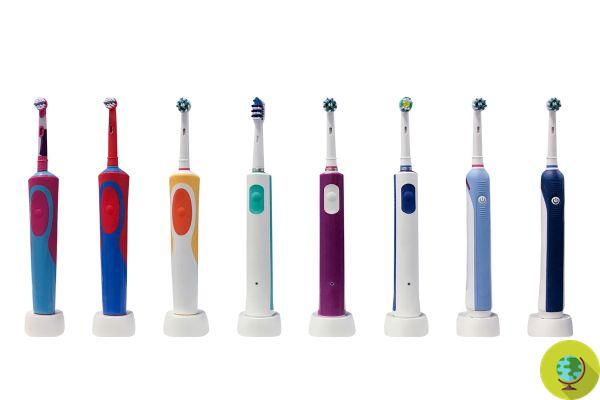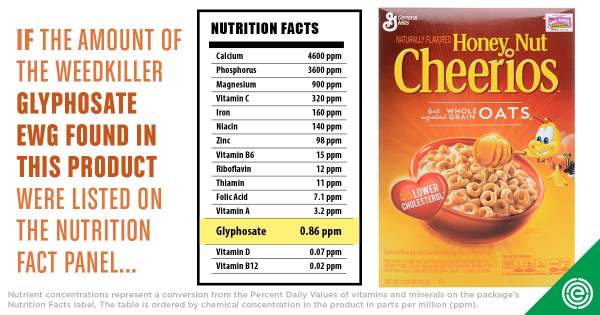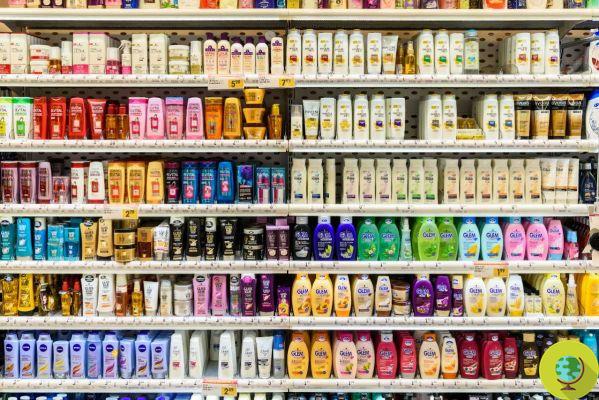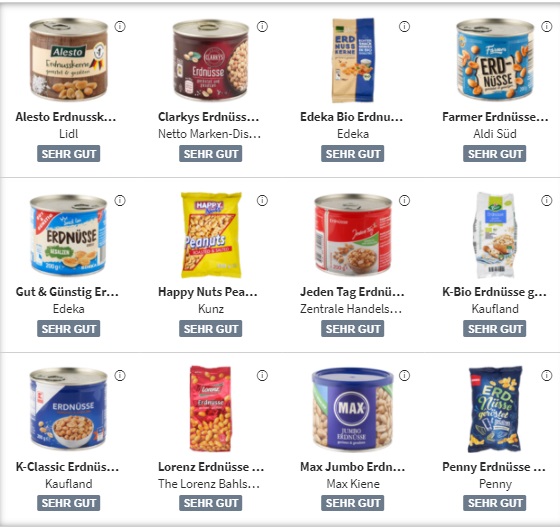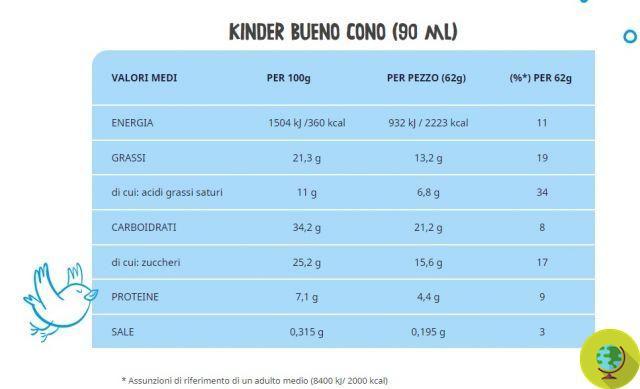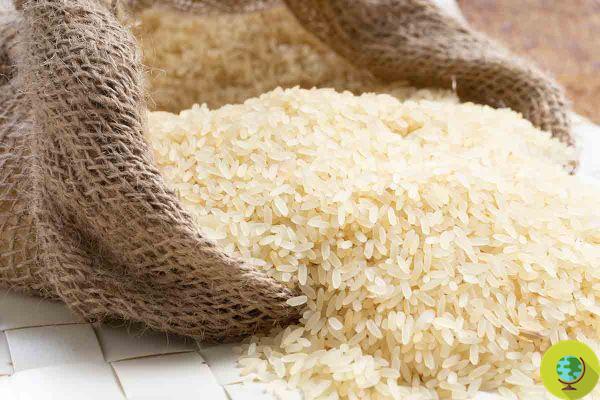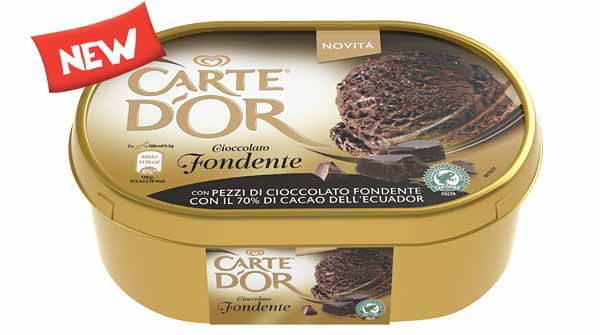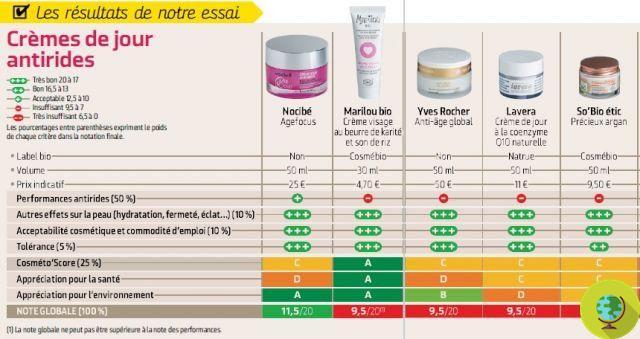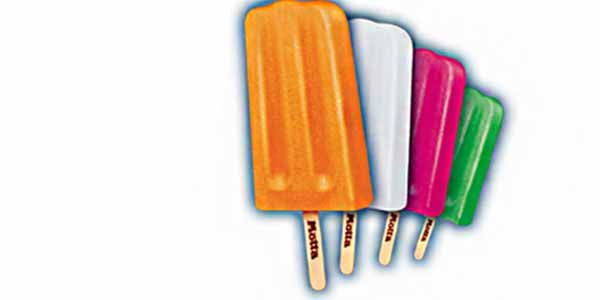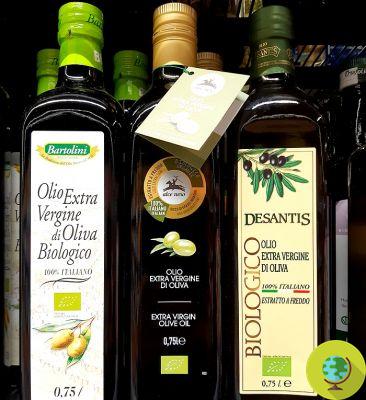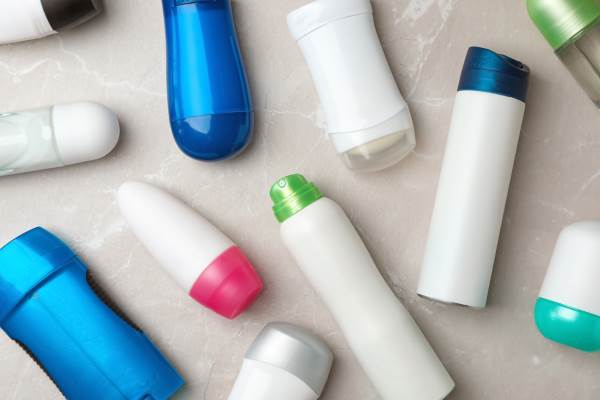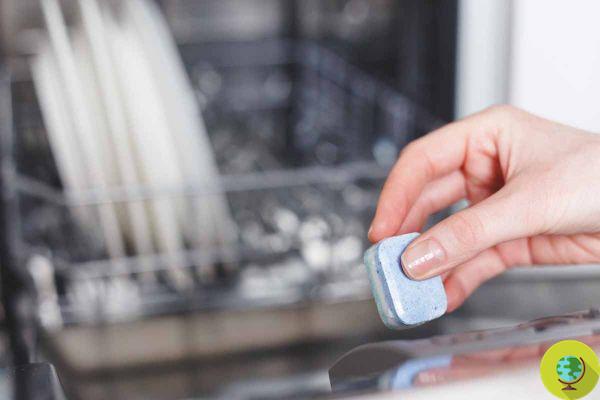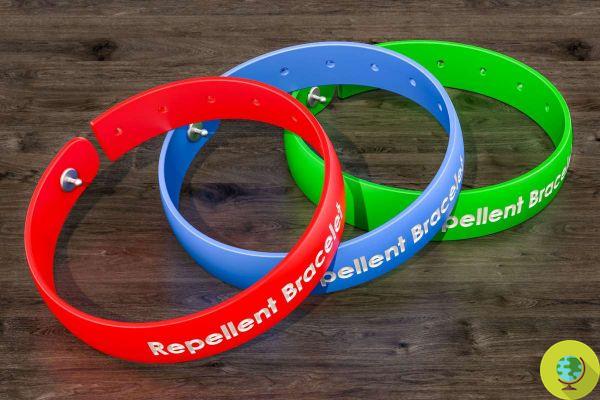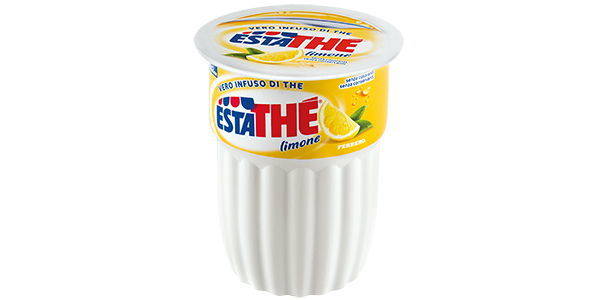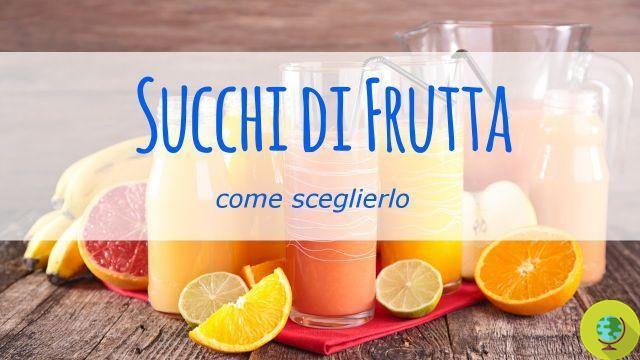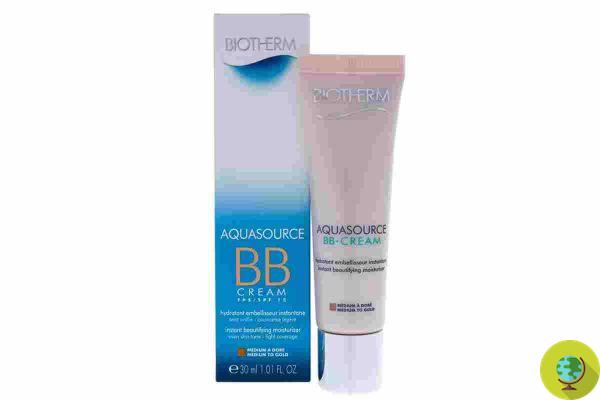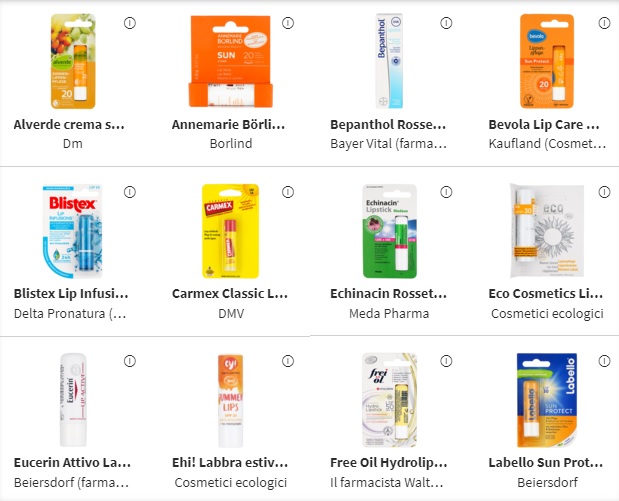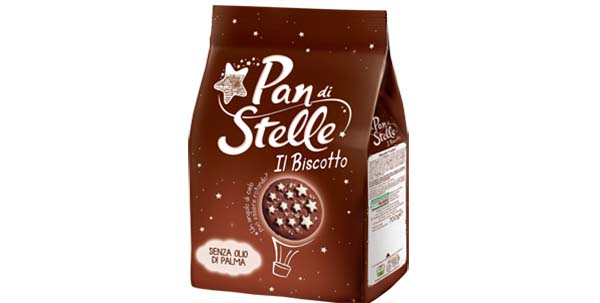Many of us consume smoked salmon every week, and it is precisely on this product that a new test has focused that compared 20 brands of which only one was truly recommendable.
Öko-Test brought smoked salmon of different brands purchased in supermarkets and discount stores to the laboratory. In this case, with few exceptions, these are references sold in Germany but still indicative of how this food is produced. The main problem, in fact, concerns the sustainability of the production itself and in particular the cruelties to which the fish (and not only farmed ones) must undergo.
Returning to the test, the German magazine labs checked both farmed salmon (15) and wild salmon (5). Each sample was tested for the presence of unwanted substances including heavy metals such as cadmium, lead or mercury but also for germ contamination.
For farmed salmon, there was an additional test involving residues of antibiotics, other medicines and pesticides, for wild salmon one for nematodes, i.e. small worms that often attack wild fish.
At the specified expiration date, the fish was then analyzed to evaluate its bacterial load and tasted by experts.
Finally, all producers were given questionnaires on animal welfare and sustainability, asking them to show evidence of what they said. All on the advice of the experts of the Fair-Fish International association.
It was not just about animal welfare on farms (which questioned density, premature mortality, measures to protect ecological systems, and more) but also about wild salmon fishing. Where was he caught? And how is it killed to make the smoked salmon we love so much to put on our tables?
All things we should actually consider when buying a product.
Index
The results
Only one product turned out to be "very" good and is therefore completely recommendable according to the experts of the German magazine. Another 5 got a "good" while the rest tore a "pass".
Some wild salmon were penalized in the test as they contained a relatively large number of nematodes. These are very small worms, not visible to the naked eye, which in reality are not a problem for health but which we would certainly prefer not to eat together with the salmon.
The good news, however, is that, for the first time, ethoxyquin (an additive used in feed until a few years ago and a suspected carcinogen) was no longer detectable in any farmed salmon. And there were no problems with pathogens like salmonella or heavy metals like mercury or antibiotic residues either.
The test also shows that it would be good consume smoked salmon well before the expiration date but not for a question of safety, but for taste. Experienced tasters had almost nothing to complain about in terms of smell and taste at the first bite but things changed if you consumed the salmon on the expiration date indicated, many products were no longer as appetizing as they were at first.
In addition, the total germ count was "increased" in one product. Regarding this Öko-Test writes:
We think: if in doubt, suppliers should set an early expiration date.
Sustainability and animal welfare
Suppliers, writes the German magazine, were able to document the supply chain for most of the smoked salmon from aquaculture, from farms in Norway, Ireland or Scotland to the finished product.
In the case of wild salmon, however, all suppliers were able to reconstruct the route without problems only to the fishing vessel in Alaska. It would also be important to know a little more about the production conditions.
Regarding the farms Öko-Test writes:
Breeding that is truly appropriate to the species of large migratory fish is considered impossible, but there are considerable differences in aquaculture. Stocking density is important: there are 12, 25 or 33 kilograms of fish per cubic meter of water. The others are less than ten. Eventually, many salmon sometimes die before they have reached slaughter weight, even in organic farming.
The slaughter, then, it is very painful for farmed salmon and only 4 suppliers have shown that they have convincing measures to make it as less gory as possible. Animals are often transported alive and killed without first being stunned or anesthetized.
And what about nutrition? The feed for all farmed salmon is partly obtained from other fish, a plant-based and therefore more sustainable diet would be desirable, avoiding that aquaculture also contributes to overfishing.
The wild salmon stocks in the test from fishing areas off Alaska are, according to experts, currently acceptable. Since migrating salmon can be caught in a targeted manner, by-catches are low. It is also good that unlike cod, extremely destructive fishing methods such as trawl nets are not used for salmon species.
But unfortunately, wild salmon are also transported alive and killed painfully, only one of the test producers provided evidence that the fish are anesthetized before slaughter.
After all these gory details about rearing and killing wild salmon, we should have gotten around to eating them for a while. However, let's see the ranking of the best and worst products.
The ranking of smoked salmon
The only product awarded with very good results is Friedrichs Kodiak wild salmon, a typical reference on the German market. Aldi's Gut organic salmon and Norfish Bio, on the other hand, are good.
"Satisfying" (but it's still not a good result) gets the Nautica smoked salmon from Lidl and the Scottish salmon Norfisk.
You can see all the brands analyzed in the following infographics.
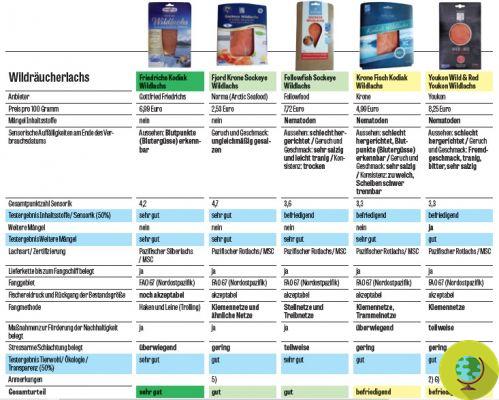
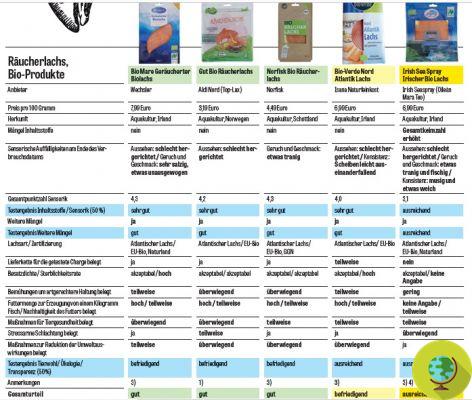
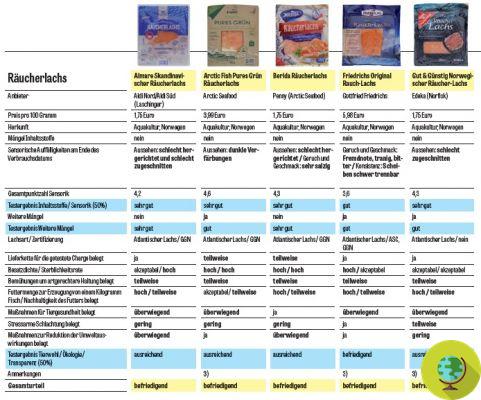
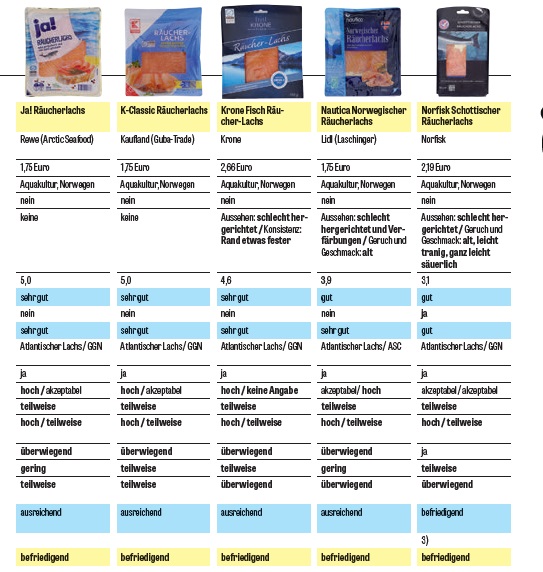
How to recognize farmed salmon
On the smoked salmon package it is clearly written on the label what type it is but if we buy fresh fish we could get confused.
He had given us some suggestions on this Matteo Viviani of Le Iene that we had interviewed after his investigation into farmed salmon. Read also: Salmon, how to recognize that of intensive farming to avoid it.
Follow your Telegram | Instagram | Facebook | TikTok | Youtube
Fonte: Eco-Test
We also recommend:
- The secret of farmed salmon, fed with chemicals to turn pink
- The salmon war just broke out (and it has to do with overfishing)
- Salmon: 10 good reasons not to eat it
- Sushi mania causes salmon production to explode around the world (and the damage is incalculable)
- Salmon: everything they don't want us to know
- Antibiotics and chemicals: the secrets of salmon farming revealed by Pamela Anderson (VIDEO)




